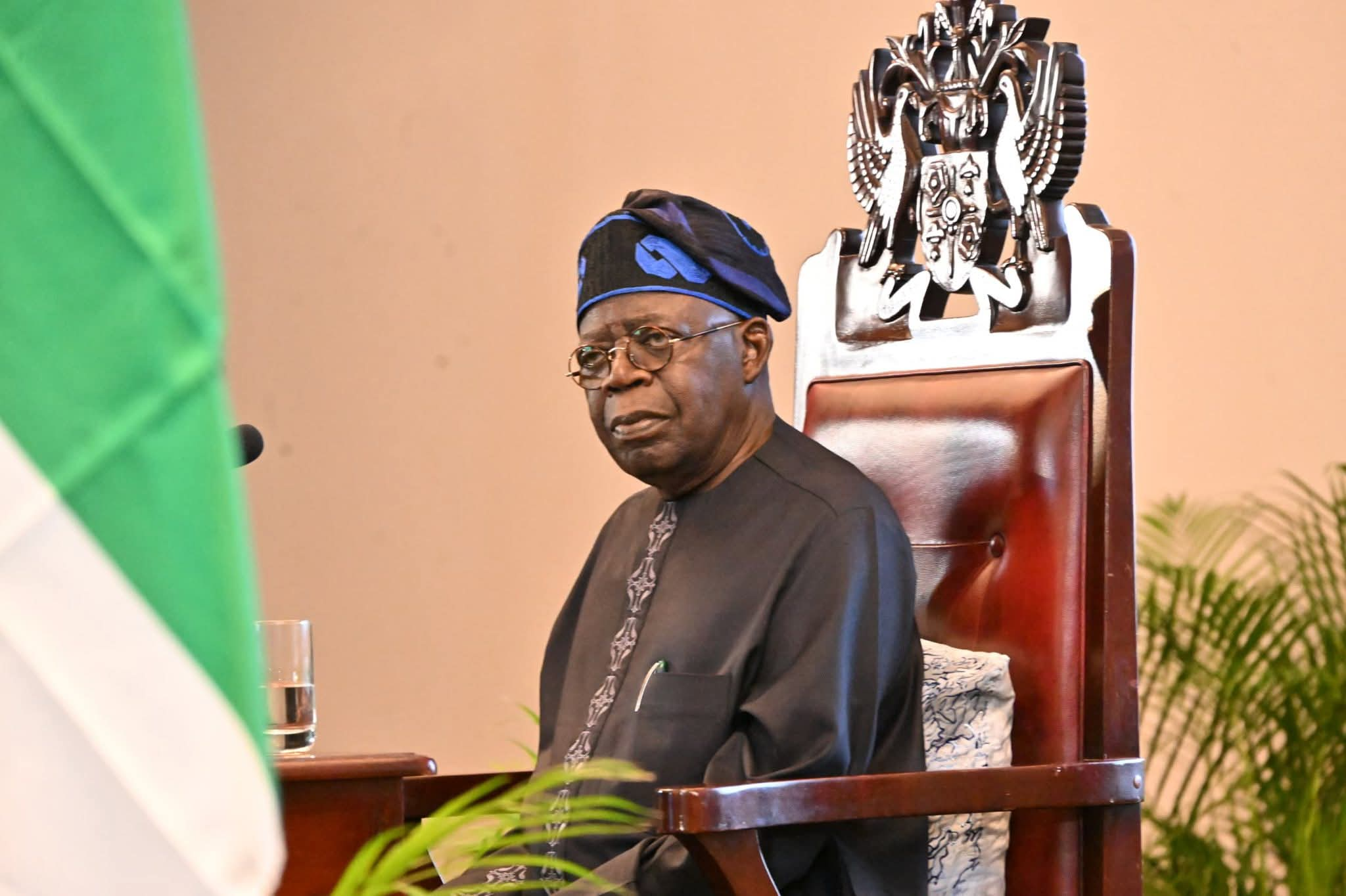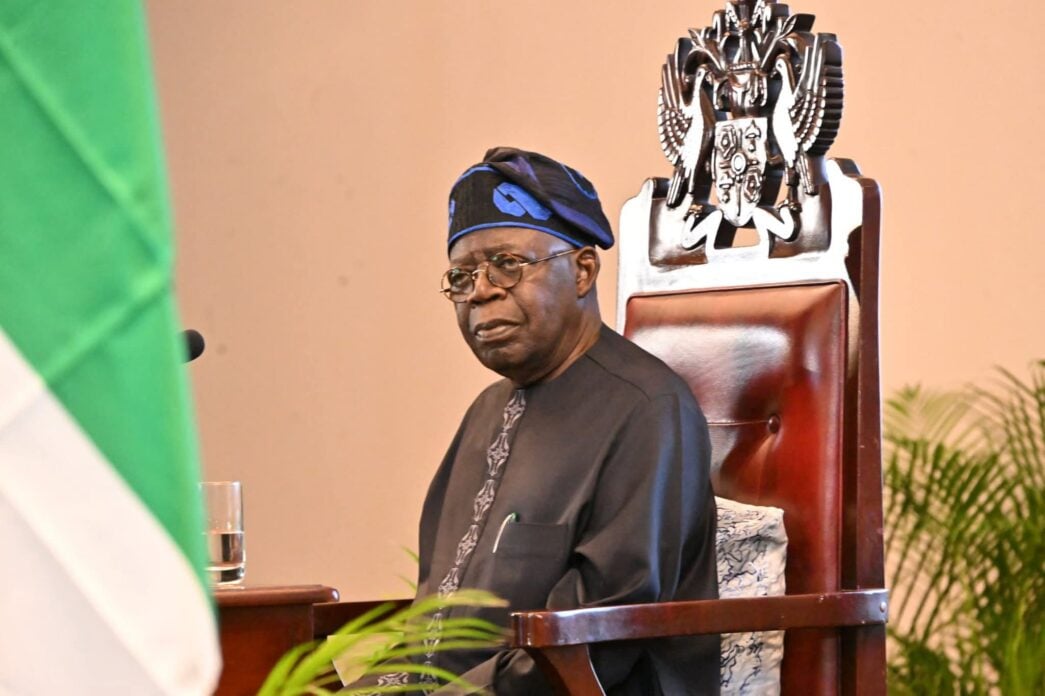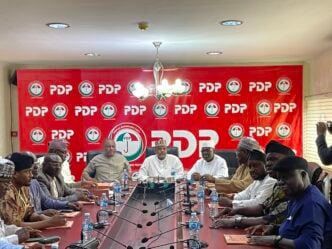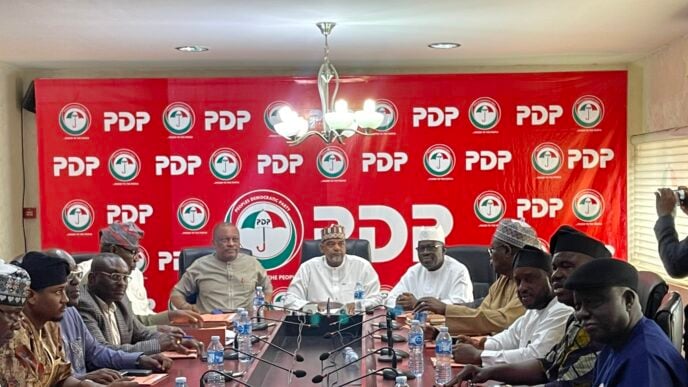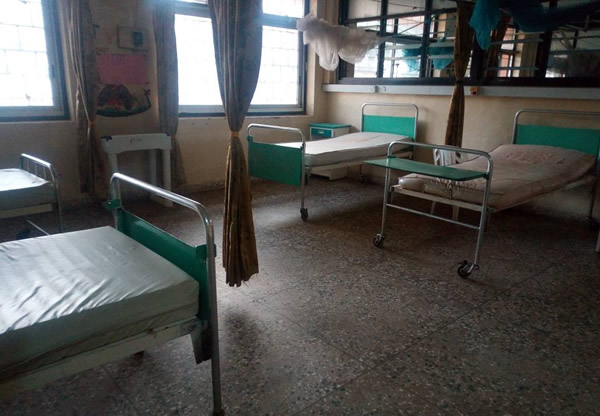BY LEKAN OLAYIWOLA
The real battle over President Tinubu’s reforms has shifted to taming the adverse effects of corruption, debt, inflation, distrust, and insurgency on the lived experience of citizens. Earning the IMF and the World Bank’s commendation may satisfy Nigeria’s ability to meet debt obligations to its creditors, but it still leaves the poor and lower middle class financially spent and emotionally taxed.
Unless the government rebuilds confidence where it has been most depleted — in transparency, accountability, and social fairness, the five forces that define Nigeria’s fragility will soon reclaim the ground reforms fought to secure. The question is no longer whether Tinubu’s policies were right, but whether they will endure.
The Political Reality
Advertisement
It is unrealistic to expect any administration to dismantle the political networks that sustain it. Full transparency where budget flows, contracts, and forex allocations are open to the public is politically suicidal for any government still dependent on patronage. But partial transparency, if intelligently designed, can achieve 80% of the stabilising effect at 20% of the political cost.
The task, then, is to define a minimum viable integrity strategy: three low-cost, politically safe, and technically achievable steps that can keep the current reforms from collapsing under public disbelief. The goal is not to end Nigeria’s challenges in one stroke, but to make reform credible, visible, and durable.
Publish the Top 100 Forex Allocations Weekly
Advertisement
The biggest threat to the foreign exchange unification reform is not volatility but information inequality. The rate gap has narrowed, but access remains opaque. When only a few insiders know who receives dollars, when, and for what purpose, the market becomes a private casino. The risk is no longer price arbitrage, but knowledge arbitrage — privilege disguised as policy.
The CBN should publish a list of the top 100 foreign exchange allocations on Fridays, showing the amount received by recipients, the exchange rate, and the purpose for the allocation. This measure does not disrupt legitimate trade. It only removes the invisibility that makes privilege risk-free. The information would shift scrutiny away from the CBN Governor toward the beneficiaries, where accountability belongs.
More importantly, the act of disclosure would reassure markets that Nigeria’s forex regime is not being gamed from within. Investors price opacity; when data flows freely, confidence rises and risk premiums fall. Transparency here is not moral posturing, but monetary policy by other means.
Make Subsidy Savings Visible and Verifiable
Advertisement
The removal of petrol subsidies, while fiscally rational, caused the most immediate social pain Nigerians have felt in decades. The administration’s mistake was not in removing the subsidy, but in failing to show what replaced it.
To safeguard the reform, the government must make its gains visible and credible in everyday life. The introduction of the student loan scheme, the CNG transition plan, wage adjustments to ₦70,000, and conditional cash transfers were steps in the right direction. But Nigerians need to see and verify their impact.
A more coherent framework is required to track, audit, and publicly report how subsidy savings are being repurposed. Money saved from fuel subsidies should be traceable to a visible benefit: cheaper transport, better school access, or community energy projects. The logic is simple: reforms lose moral force when citizens can’t find themselves in the outcome. Without that visibility, today’s difficult reforms risk being remembered not as correction, but as hardship without justice.
Digitise and Audit One High-Revenue Agency
Advertisement
The true test of reform is durability. Every Nigerian government since 1999 has begun with bold economic adjustments and ended by retreating under political pressure. President Tinubu has made progress from a more automated FIRS and a digitised immigration service to ongoing efforts at the Central Bank.
But these are still managerial reforms, not institutional anchors. To break the cycle, his administration must leave behind at least one structural reform that cannot be undone — a transparent, digitally auditable process that locks accountability into the system itself, not the goodwill of any individual.
Advertisement
This could be the full digital transformation — not just computerisation — of one high-risk, high-revenue agency such as the Customs Service, the Ports Authority, or INEC. Within 18 months, the selected agency should operate on a verifiable digital platform where every payment, clearance, or licence automatically generates a time-stamped, auditable record that no official can alter or delete. Once one major agency becomes transparent by design, opacity elsewhere becomes harder to justify.
The move would also signal to the IMF, World Bank, and investors that Nigeria’s anti-corruption drive is structural, not rhetorical. It would anchor Tinubu’s reforms in a visible, permanent change in how the state handles money.
Advertisement
Integrity as Economic Infrastructure
Verifiability allows citizens and investors to confirm outcomes independently, politically defensible, shielding reformers from elite backlash; and cost-neutral, demanding visibility rather than new spending. It reduces Nigeria’s costly “trust-deficit premium” — the extra risk price investors and lenders charge when they fear policy reversals, hidden deals, or manipulated data.
Advertisement
At present, Nigeria pays higher borrowing costs than countries with weaker fundamentals simply because its governance is distrusted. That gap is not an economic inevitability; it is a credibility tax. And the only way to lower it is through proof, not promises.
The International Lens
The IMF, World Bank, and WTO have all praised Nigeria’s reforms as “bold.” But behind the applause is quiet anxiety. These institutions have seen this movie before — subsidy removal, currency liberalisation, and then backtracking once political heat rises.
Nigeria’s fiscal indicators are improving: external reserves have climbed toward $38 billion, and debt-service-to-revenue has fallen from over 90 % to about 65 %. Yet the pattern resembles the structural-adjustment era: macro stability without shared relief.
Most of the gains are flowing into debt servicing and external obligations, while household welfare and purchasing power remain stagnant. Global lenders see discipline and progress; citizens see survival and strain. The government must bridge this perception gap.
The Real Risk: Reform Fatigue
At present, the benefits of reform flow upstream to the treasury, markets, and multilateral approval. The pain, meanwhile, flows downward. That imbalance cannot hold indefinitely. If this perception gap continues, the next administration, regardless of party, will likely undo much of what has been achieved.
The antidote is trust infrastructure: systems that make government behaviour predictable. Nigerians can endure hardship, but not opacity. It is cheaper to prove fairness than to keep paying for disbelief.
Building the Trust Economy
Reform succeeds not when people stop complaining, but when they start believing again. By adopting three simple measures, Tinubu’s administration can calm the streets with visible relief, steady the markets with predictable rules, and earn time for reforms to endure beyond his tenure. These are not technical tweaks but moral signals, proof that reform is a shared national project, not a one-way sacrifice.
Safeguarding the real benefits of Tinubu’s reforms demands more than fiscal discipline; it requires visible honesty. When Nigerians see transparency at work, even hard reforms will feel like progress.
Lekan Olayiwola is a peace & conflict researcher/policy analyst. He can be reached via [email protected]
Views expressed by contributors are strictly personal and not of TheCable.
